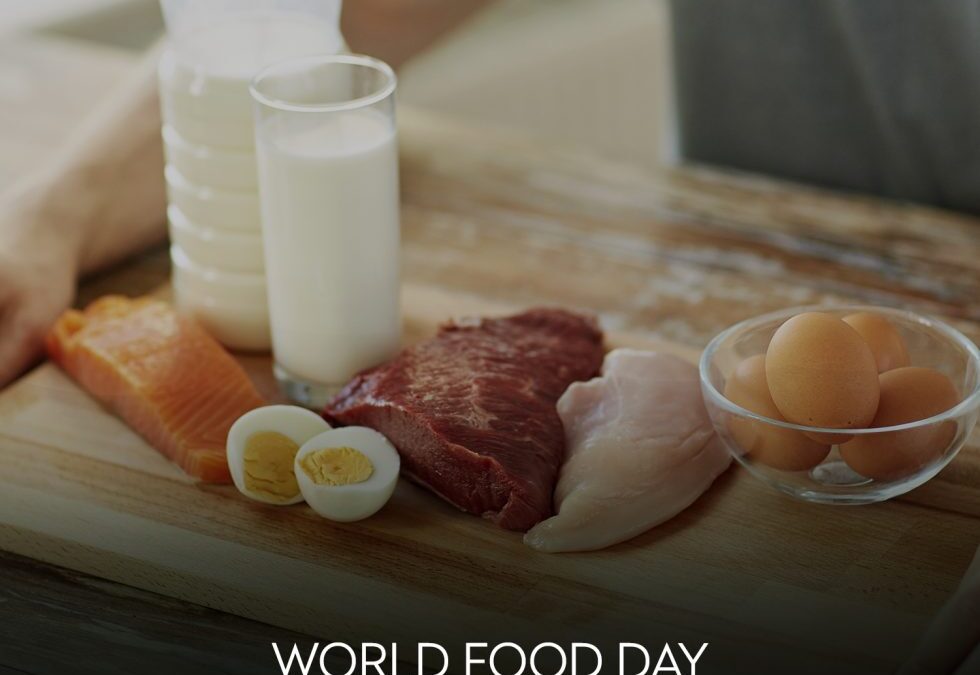Without a doubt, diet is a key factor in maintaining good health Likewise, exercising regularly, whether professionally or amateurishly, helps maintain good health and prevent disease.
When doing physical exercise, whatever it is, we spend a lot of energy, our body know it and asks us for an increase in nutrients. To satisfy this demand, it will be necessary to adapt the diet, always being balanced and as much as varied possible and having in account to the needs of each one. The diet will vary depending on your goals – losing weight, gaining muscle, practicing an intense sport, improving marks … – genetic aspects, age, gender, and the type of training you do, among others.
In short, taking care of your diet is very important to provide the body with the necessary energy to carry out physical activity, as well as to have a quick body recovery.
The basis and importance of sports nutrition is an adequate intake of carbohydrates, proteins, and hydration, in a balanced way. Always depending on the particularities and energy needs of each one (sport, weight, sex, age, body constitution, metabolism, etc.).
The ideal sports nutrition
Carbohydrates
Carbohydrates provide most of the nutrients the body needs, so including them in our diet is essential. Some of the foods in which we find them are cereals (pasta, rice, bread, cookies), vegetables, fruits, dairy, potatoes or sugar.
Protein
In this group we include meat, eggs, poultry and fish The necessary amount of protein for our body also depends on different factors such as gender, the goal we are looking for or the intensity of our daily physical activity.
Fats
The body needs energy -fat- to keep active, this need increases as our physical activity.
The important thing is to choose good, unsaturated fats, which the body processes and obtains certain benefits These types of fats are found in foods such as: olive oil, blue fish, nuts, or avocado.
The fats that we must avoid are saturated fats, such as sausages, bacon, butter, fatty meats, cheese, chocolate or cream.
Minerals and vitamins
Minerals and vitamins are also part of the essential nutrients. Called as micronutrients, because we need them in small amounts, they are essential for the proper functioning of the body.
We find them easily in fruits and vegetables (especially greens), nuts, dairy products, eggs, fish, etc.
Hydration
When we do physical activity we must take into account a fundamental aspect: hydration, a important factor that we often forget.
A balanced diet must be accompanied by adequate hydration to replenish fluids, avoid dehydration, as well as metabolize and absorb all the nutrients that the body has ingested.
To ensure good hydration, a normal adult should drink between 1,5L and 2L of fluids per day, a fact that becomes more important when we do sports, because we lose large amounts of fluid through sweat.
Obviously, the type of hydratation will vary depending on the type of sport or physical activity practiced, its intensity, duration, or other factors such as humidity or temperature.
Dehydration affects sports performance and favors the appearance of fatigue, so don’t forget to hydrate!
Don’t wait until you’re thirsty and always bring water or sports drinks with you when you exercise.
Food before and after sports practice
Not only are the types of food an athlete eats important, the number of times they eat during a day also affects their performance and their body’s ability to recover after exercise.
It is very important to ensure an intake of carbohydrates before, during and after the practice of physical exercise, because they act as the main source of energy for the muscle.
A carbohydrate intake is recommended, between 1 and 4 hours before exercising, as well as during physical exercise to avoid dizziness, and at the end, during 4-6 hours after activity, to replenish muscle glycogen and thus ensure a good recovery of the muscles.
We have already talked about the importance of hydration, well, it is recommended to start drinking fluids 30 minutes after starting to play sports. The ideal would be a consumption of 150-200ml of water -or sports drink- every 20 minutes. At the end of sports practice, it is necessary to replace the water and the lost salts, so it is recommended to consume drinks that contain water, mineral salts, especially sodium, and carbohydrates.
In short, sport is health, it is energy, it is encouragement. But remember, whether at a professional or amateur level, that a varied and balanced diet together with good hydration is key to ensuring good sports performance and reducing the risk of injury. Plan meals before, during and after physical activity, drink fluids and don’t stop moving!

Recent Comments